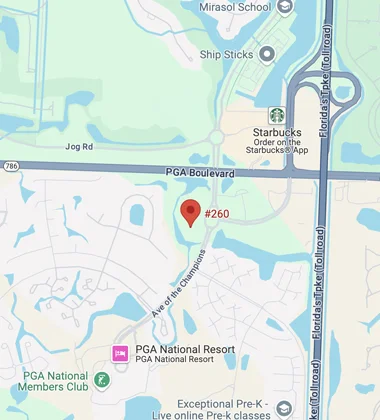Is Unintentional Discrimination Unlawful?

Often when a job applicant or current employee experiences discrimination in the workplace, there is no clear sense that the discrimination has been intentional. For example, the employer might have a particular dress code that has the effect of prohibiting certain religious dress, or the employer might have a policy that requires employees to participate in certain outside-work events to entertain clients, which may be limiting for job applicants or employees with certain types of disabilities.
Is this kind of unintentional discrimination unlawful? We typically refer to these forms of discrimination, often in workplace or employment politics, as having a disparate impact on a particular group of individuals. When those individuals are a protected class, the discrimination can indeed be unlawful.
Intent to Discriminate is Not Necessary to Have a Claim
Generally speaking, when it comes to state and federal laws that prohibit employment discrimination, there is no requirement of intention for many forms of unlawful employment discrimination. While certain types of discrimination (such as quid pro quo sexual harassment) might require a supervisor’s knowledge and intent, many other forms of unlawful discrimination are not always what an employer intends.
In many of those latter circumstances, an employer might not even realize that a policy they believed to be neutral has a disparate impact on a certain protected class. To be clear, even disparate impact, or “unintentional,” discrimination can still be unlawful and can give rise to an employment discrimination claim.
Proving Unlawful Discrimination in Disparate Impact Cases
Generally speaking, any employment policy that results in a disparate impact to a protected class is likely to be unlawful. Certain discrimination laws have explicit provisions for discrimination that may not be intentional but that results in a disparate impact, and that includes Title VII of the Civil Rights Act of 1964. To understand what kind of evidence you will need to win a disparate impact discrimination claim, it can be useful to look at the information provided by the Equal Employment Opportunity Commission (EEOC) concerning the burden of proof in Title VII disparate impact cases.
To prove an unlawful disparate impact under Title VII, an employee typically must show one of the following:
- Employer “uses a particular employment practice that causes a disparate impact on the basis of race, color, religion, sex, or national origin,” and the employer cannot show that the policy is a business necessity; or
- Job applicant or employee offers an “alternative employment practice” that could address the business necessity of the policy without having a disparate impact, and the employer “refuses to adopt such an alternative employment practice.”
Contact a Palm Beach Gardens Employment Discrimination Lawyer for Assistance
Have you faced discrimination due to a policy that has had a disparate impact? This type of discrimination can sometimes be more difficult to recognize and to prove, but it is essential to know that this type of discrimination is unlawful even if discriminatory reasons were not behind the employer’s institution of the policy. You may be eligible to file an employment discrimination claim. One of the experienced Palm Beach Gardens employment discrimination lawyers at Sconzo Law Office can discuss the details of your case and your options with you today.
Source:
eeoc.gov/statutes/title-vii-civil-rights-act-1964

